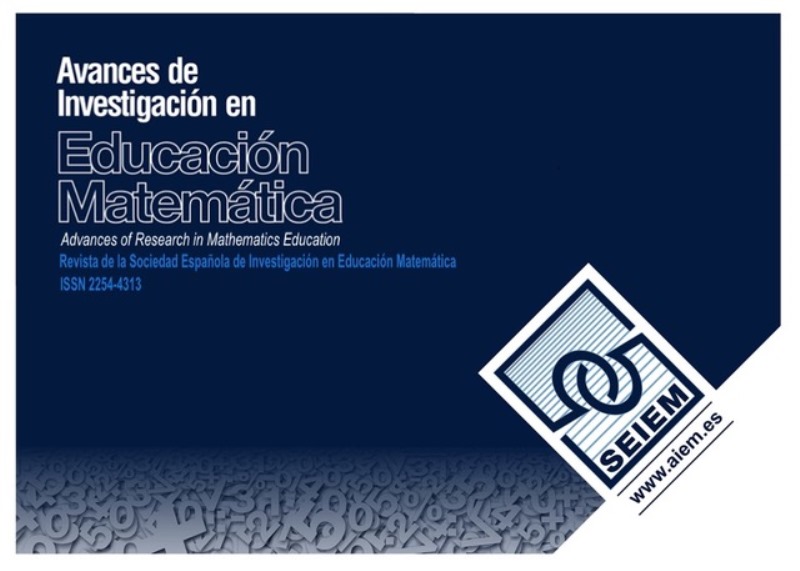Primary teachers' conceptions and beliefs about mathematical problems, its resolution and teaching
DOI:
https://doi.org/10.35763/aiem.v0i16.253Keywords:
Teacher thinking, school mathematics, mathematics teaching, problem solving, primary educationAbstract
In this work, we examine conceptions and beliefs expressed by a group of in-service primary teachers about notions related to problem solving. A questionnaire with open questions was applied to 36 Chilean teachers. Our analysis revealed that participants hold a problem' conception related to searching for a solution, characterizing them according to levels of difficulty, as a task with context and for which resolution mathematical procedures are used. The problem-solving process is characterized through phases, with an emphasis on finding the solution and the application of strategies. Effective teaching in this domain is characterized through resolution phases and use of contextualized problems.
Downloads
Downloads
Published
How to Cite
Issue
Section
License
The articles published in this journal are under a license Creative Commons: By 4.0 España from number 21 (2022).
Authors who publish with this journal agree to the following terms:
- Authors retain copyright and keep the acknowledgement of authorship.
- The texts published in this journal are – unless indicated otherwise – covered by the Creative Commons Attribution 4.0 international licence. You may copy, distribute, transmit and adapt the work, provided you attribute it (authorship, journal name, publisher) in the manner specified by the author(s) or licensor(s). The full text of the licence can be consulted here: http://creativecommons.org/licenses/by-nc/4.0.
- Authors are able to enter into separate, additional contractual arrangements for the non-exclusive distribution of the journal's published version of the work (e.g., post it to an institutional repository or publish it in a book), with an acknowledgement of its initial publication in this journal.
- Authors are permitted and encouraged to post their work online (e.g., in institutional repositories or on their website) prior to and during the submission process, as it can lead to productive exchanges, as well as earlier and greater citation of published work (See The Effect of Open Access).









